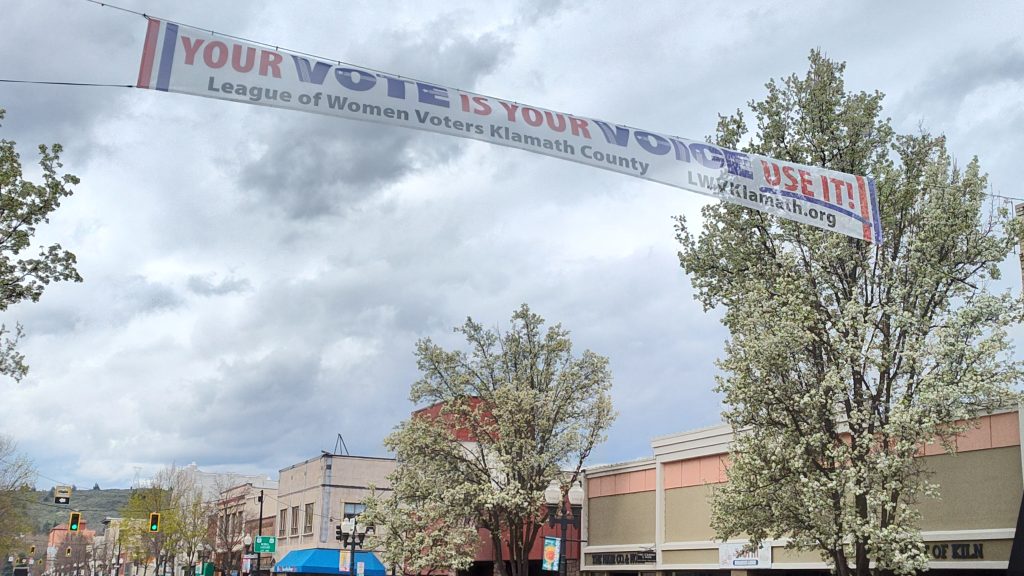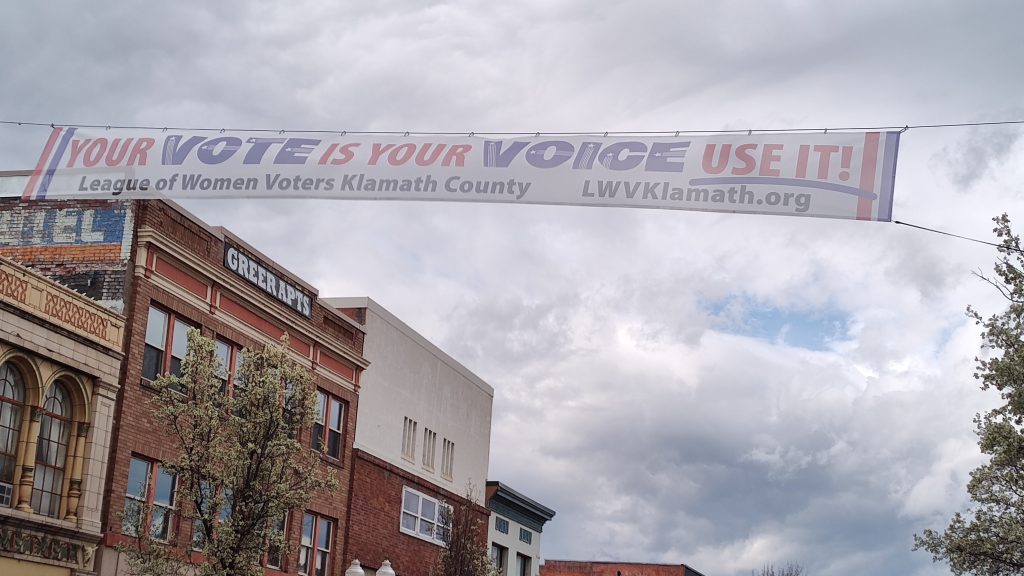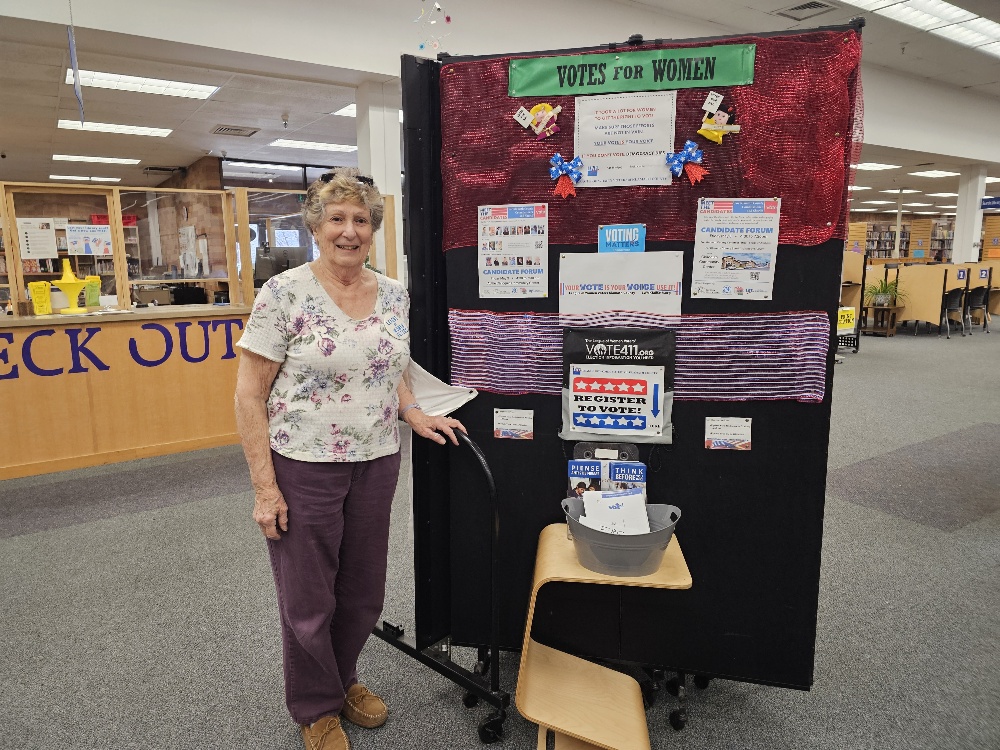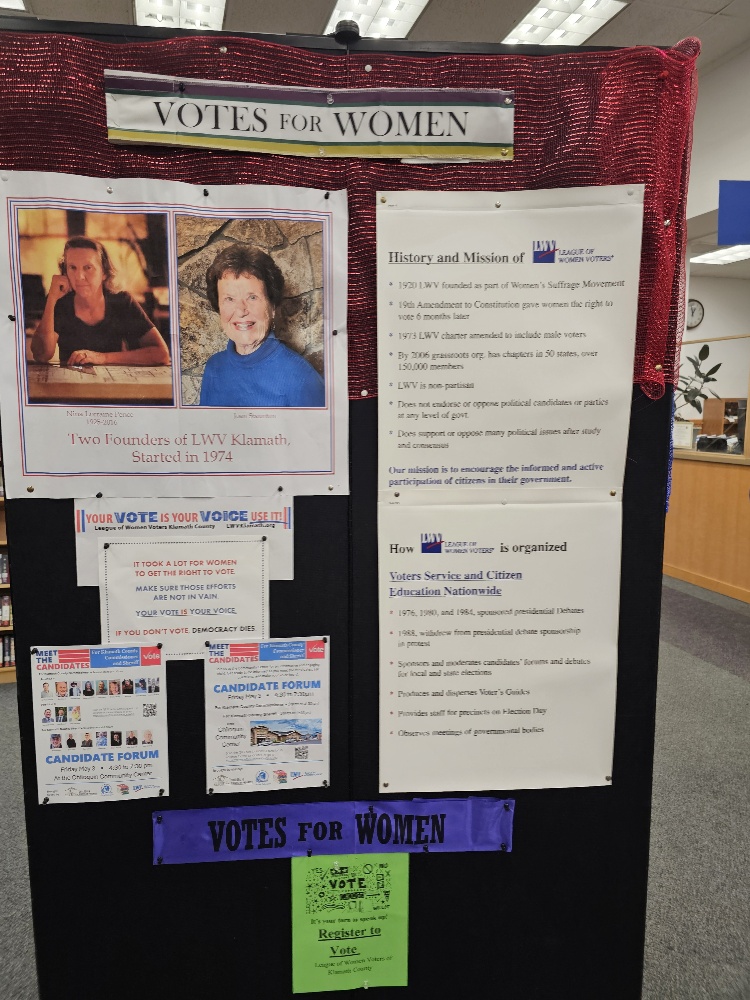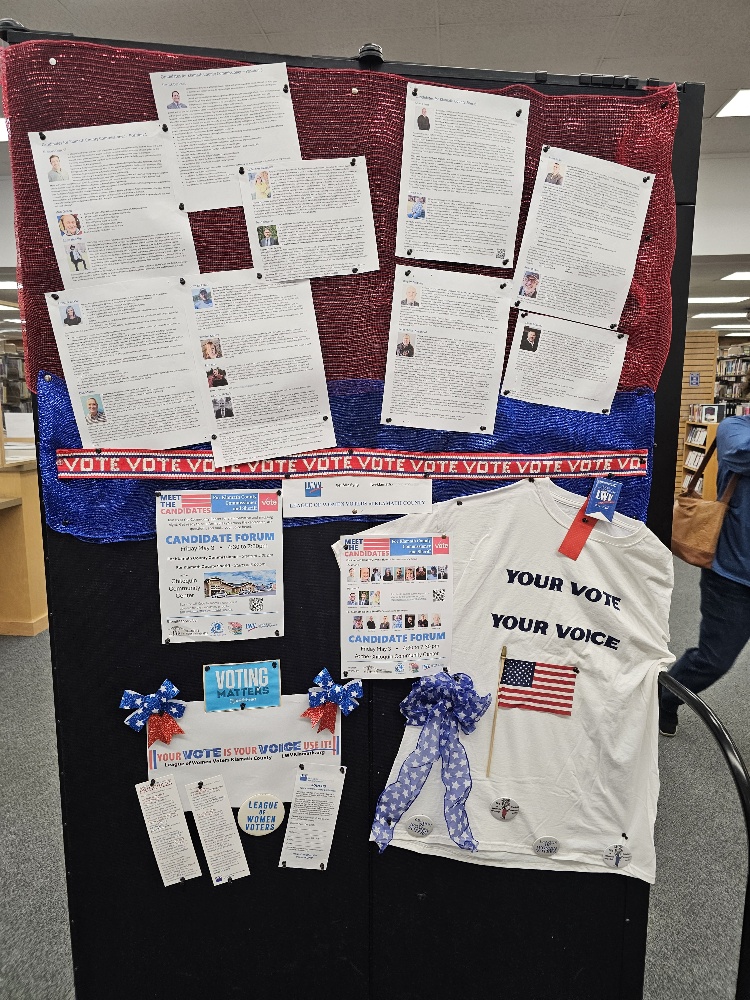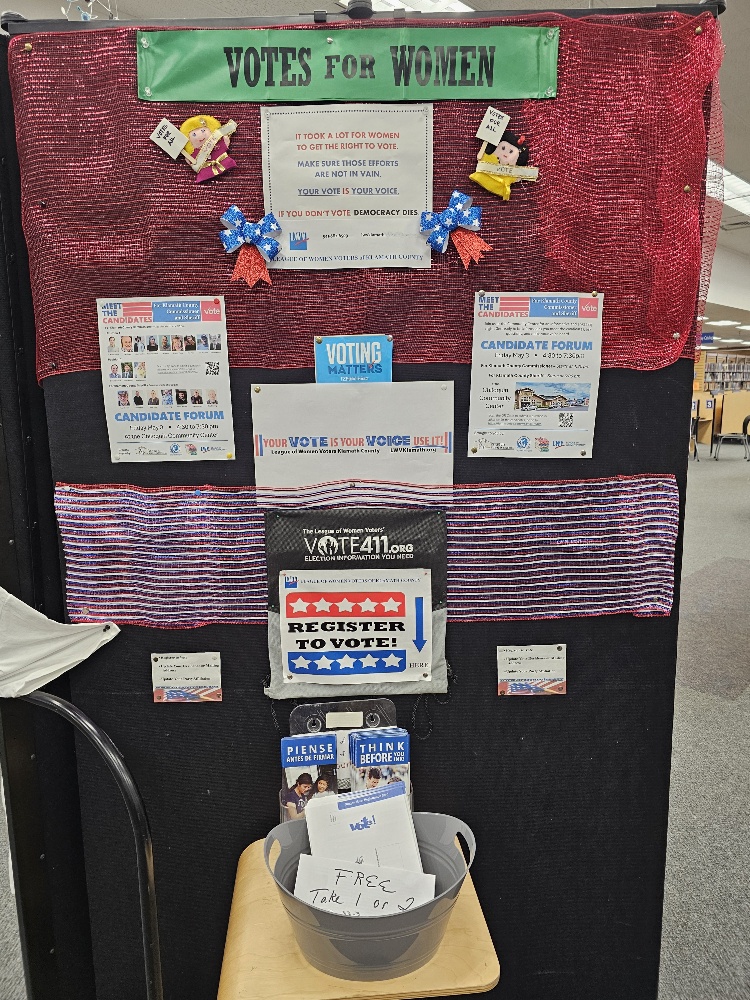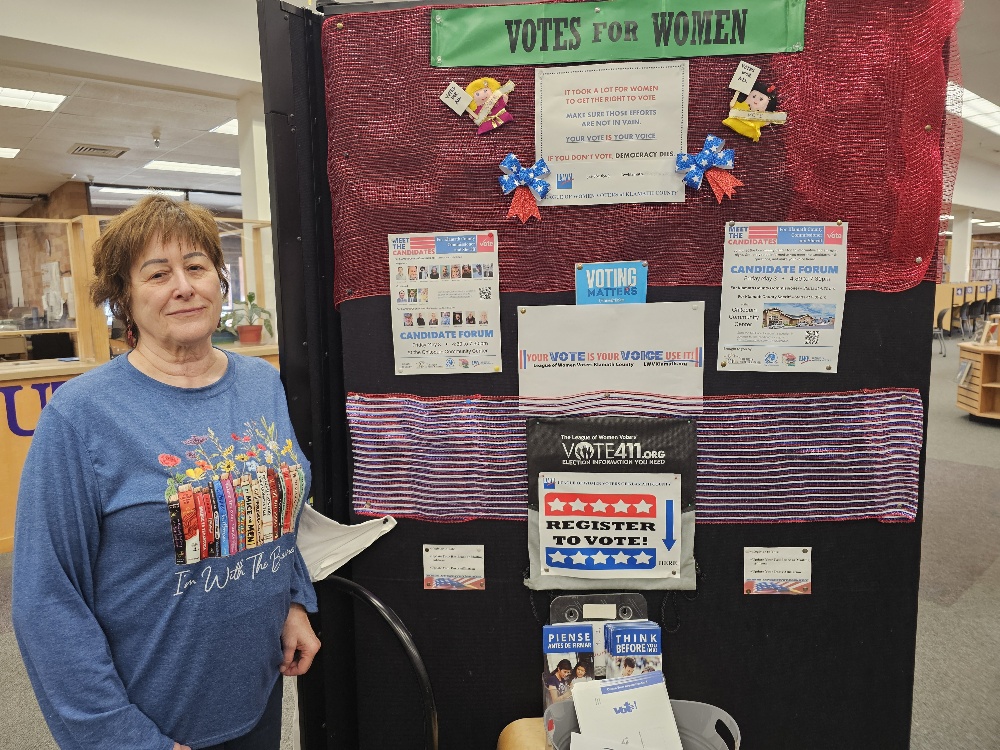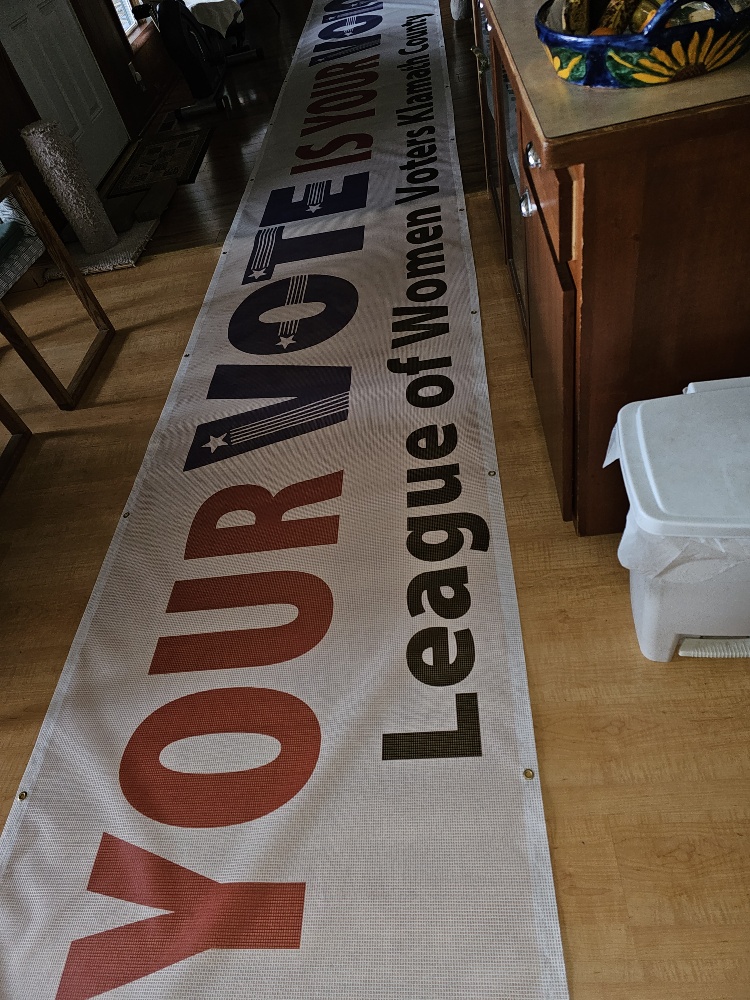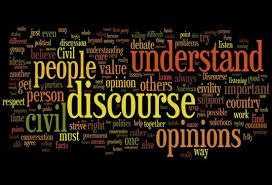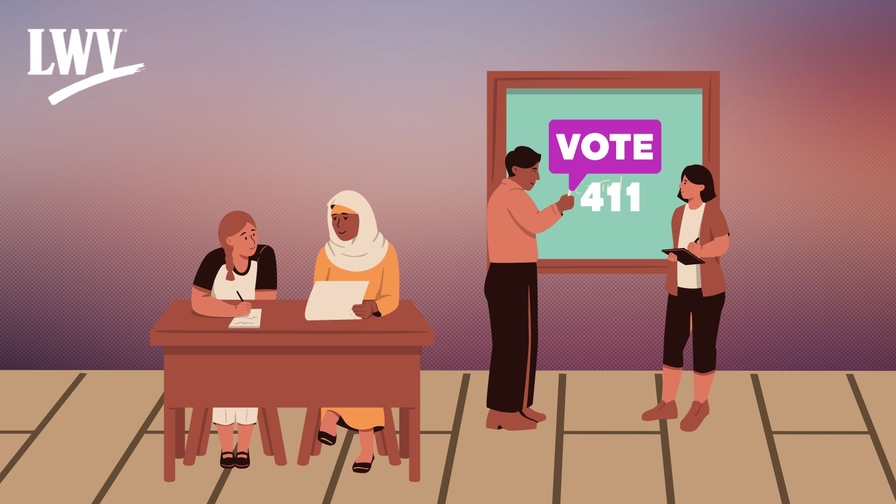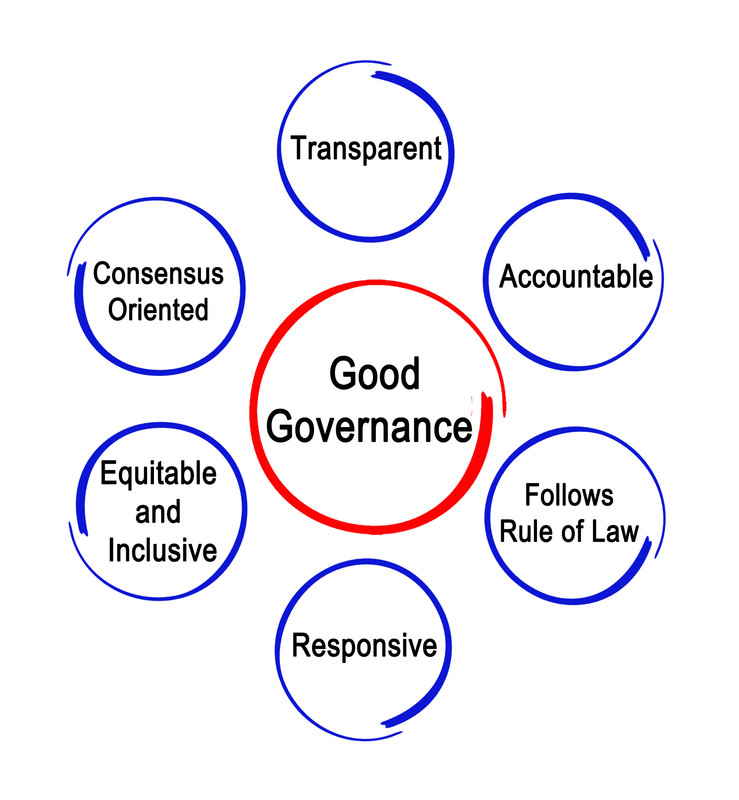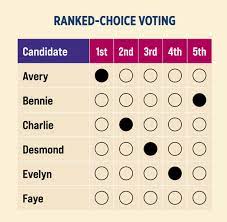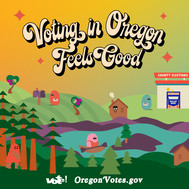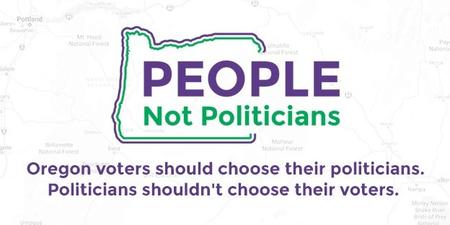Civics education is integral to the future of our democracy.
Over 20 years ago, the League of Women Voters launched Making Democracy Work®, a campaign focusing on five key indicators of a healthy democracy. Two of these indicators are civic education and civic participation — because, as a nonpartisan voting rights and democracy policy organization, the League knows civic information and involvement are key to a healthy American democracy.
At the federal level, LWVUS supports the funding of civic education and educates Congress about its importance. There is even more incredible work conducted by state and local Leagues across the country to support civic education; last year, 63% of Leagues who completed an annual survey indicated that Civic Education is a “current priority” for them.
The federal government spends $50 per student per year on STEM education and only five cents…on civics.
LWVUS decided to delve more into the stories behind the data and learn from a handful of Leagues about their work and motivation to bring better civic engagement to their communities. Many Leagues highlighted similar motivations to lean into this work; for example, there are real, measurable disparities between federal investment in civics education and other areas of study, like STEM (science, technology, engineering, and math) education. The federal government spends $50 per student per year on STEM education and only five cents per student per year on civics. This is especially concerning to Leagues because of the strong connection between civically educated voters and a representative, engaged democracy.
I vaguely remember taking 7th-grade civics when I was 13. I imagine that we covered the structure of the US government and the process of voting for elected officials. But five years later, when I registered to vote for the first time, there was so much I didn’t remember. I didn’t know how to find candidates, which offices I was voting for, or how to stay engaged in developments in my community so that I could make my voice heard on important issues.
In contrast, other school subjects stand out in my memory to this day. For example, in 6th grade, I completed my first science fair project correlating the temperature of water with the time it took for food coloring to spread. I set up a lab in our kitchen, typed out a 10-page report, presented findings to a panel of judges, and took home a 2nd place award. Part of the reason I remember this in detail is that science education followed me throughout my schooling; there was a science class in every year of my education building on skills learned in previous classes. Comparing one year of civics class in 7th grade to more than 8 years of science classes over the course of primary school, students might get the impression that civics is not important.
This example is anecdotal, but it reflects a real, measurable disparity between civics education and STEM (science, technology, engineering, and math) education in terms of federal investment. The federal government spends $50 per student per year on STEM education while spending only five cents per student per year on civics.
The funding of STEM education is an incredibly important investment, and my experience in the 6th-grade science fair led me to advanced science classes in high school and a Chemistry minor in college. But while I still use some of the skills imparted by STEM education, like strategic thinking and a curiosity about the world, I also wonder if a more robust civics education would have empowered me to start voting sooner than I did at age 23. Looking to the impressive results of investing in STEM, like expanding access to STEM education for girls and students of color, one vision for the future of civics education is that we could invest similarly in this subject to foster empowered and civically-minded Americans.
What is Civics Education?
The CivXNow coalition, of which the League of Women Voters of the United States is a member, outlines that:
“Civics education covers the study of the rights and obligations of citizens in society by teaching politics, law, American history, and closely related subjects and disciplines. Additionally, civics education can mean hands-on opportunities for students to put learning into practice such as service learning, clubs, and/or opportunities for students to participate in school governance.”
All students have the right to a comprehensive civics education that prepares them to take part in our democracy.
What Might a More Robust Civics Education Look Like?
The Civics Secures Democracy Act [HR1814] [S4384] was introduced in the US Senate earlier this year, with similar bills in the House, to fill some of the gaps in civics education. The bill would invest in states to support the expansion of civics curriculums and allow states to create programs tailored to their students’ needs, expanding civics knowledge and preparing students to be actively engaged in democracy. Notably, this is a bipartisan effort sponsored by Senators Coons, Cornyn, King, Inhofe, Kelly, and Cassidy and represents a shared value to cultivate civically engaged youth. The League supports bringing the Civics Secures Democracy Act for debate and passage to promote an informed population through K-12 education around the country.
With this proposed investment, schools can offer students a more comprehensive civics education. Expanding civics education looks like going beyond civic knowledge, like history and politics, to include actionable skills and community values. It can do so through both a concrete curriculum and the incorporation of democracy into a school’s climate, culture, and leadership. This work envisions a country where more young people vote and discuss politics fluently, volunteer in their communities, and advocate for their values with their elected representatives.
What is the Connection Between Civics Education and Democracy?
As the name of the Civics Secures Democracy Act indicates, civics and democracy are integrally linked. An informed and civically knowledgeable population can work together to achieve a more fair society and confidently lead the future of our democracy. Our legislators and education departments must ensure that future generations understand the workings of our country’s government and its history. Offering civics education at all levels is essential to fulfilling our obligation to secure our democracy.
Over 20 years ago, the League of Women Voters launched its campaign Making Democracy Work®, focusing on five key indicators of a healthy democracy: voter participation, campaign finance reform, diversity of representation, civic education and knowledge, and civic participation. As a nonpartisan voting rights and democracy policy organization, the League values equipping future generations with the tools to inherit and lead a healthy American democracy.
Civics Education and the Midterms
The time is always right to equip young people with the tools to take part in our democracy. It is also particularly timely to examine how civics education is prioritized as we near midterm elections. Effective civics education yields increased participation in elections, which is the best way to ensure that our elected leadership reflects the values of the population.
Make an Election Plan at VOTE411.org
There is a lot on the line in the upcoming midterms. Electing candidates who champion a free and fair democracy is as important as ever, and the midterms are just as important as presidential elections in advancing our democracy.
For election information, you can use VOTE411.org to make your voting plan! VOTE411 provides the information that voters need to participate in every election successfully. Whether it’s local, state, or federal, voting in every election is vital to ensuring our laws and policies reflect the values and beliefs of our communities.
Civics Education in Oregon
The Oregon Student Mock Election is an exciting experience-based educational program that involves participating students in the electoral process and demonstrates the importance of voting.
Students will vote for candidates and measures on an abbreviated Mock Election Ballot created just for them. All Oregon students, grades 6-12, are eligible.
For more information see: https://civicslearning.org/
